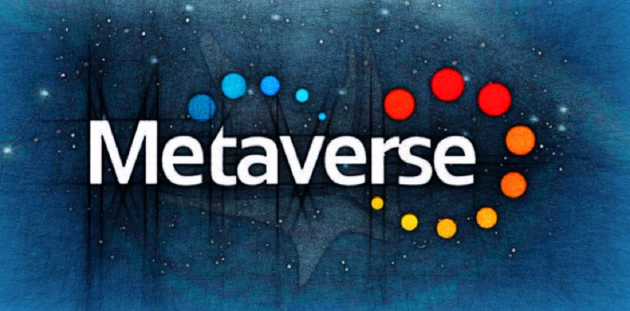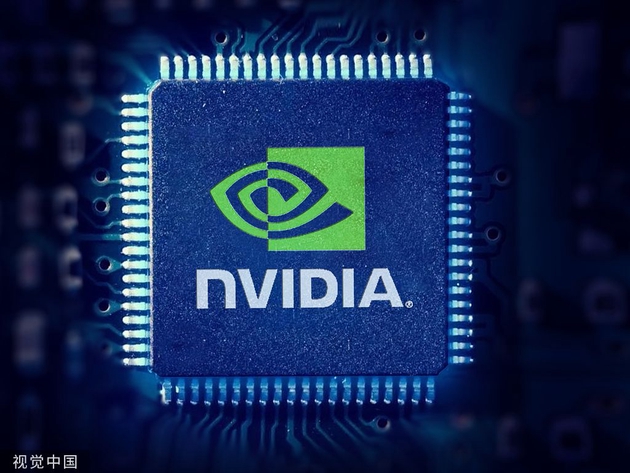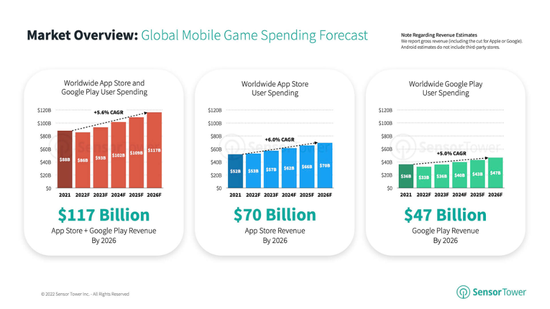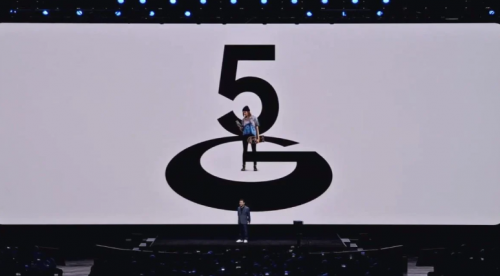your current location is:Home > TechnologyHomeTechnology
"Returning to the Moon" is so hard! The launch of a new generation of U.S. moon landing rockets was delayed again after the launch pad was struck by lightning and the eng
On September 3, local time, NASA once again delayed the launch of the new-generation lunar rocket "Space Launch System" due to a rocket fuel delivery failure. The rocket was originally scheduled to be launched on the same day to perform the unmanned flight test mission of Artemis 1 around the moon.
On the same day, the management team stated that the "Artemis 1" lunar rocket will not launch until it is fully ready because the liquid hydrogen leakage problem has not been resolved.
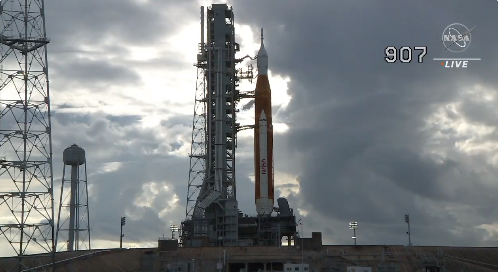 Image source: Screenshot of NASA's official Twitter video
Image source: Screenshot of NASA's official Twitter video"We're not going to launch until we think it's correct," NASA administrator Bill Nelson said. He said that today's leak of liquid hydrogen is more serious than the previous one, and the technical team has tried many times. Failed to resolve the issue. So they need weeks of data analysis and troubleshooting before they can launch again, so the management team will probably decide when it will launch again early next week.
Previously, on August 29, NASA decided to postpone the launch of the "Space Launch System" originally scheduled for the same day due to a rocket engine failure.
due to fuel delivery failure
delayed launch again
The launch was originally scheduled to take place at 14:17 US Eastern Time on the 3rd (2:17 Beijing Time on the 4th), and was launched from the Kennedy Space Center in Florida by the "Space Launch System" carrying the "Orion" spacecraft. About three hours before the launch, NASA said on social media that the mission team had tried unsuccessfully to fix a leak while delivering fuel to the rocket and decided to delay the launch.
NASA originally planned to launch a new generation of "Space Launch System" (SLS) rockets on the same day and send the "Orion" spacecraft carried by it to the moon to perform the "Artemis 1" unmanned orbiting the moon. test task.
On September 3, local time, NASA Administrator Bill Nelson (Bill Nelson) said that the management team for the "Artemis 1" unmanned flight test mission around the moon will meet that afternoon. Discuss follow-up plans, discuss whether to launch the rocket again on September 5 or 6, or return the rocket to the assembly room.
Nelson said that if the "Artemis 1" is shipped back to the assembly room, it will not have another launch opportunity until October, because the launch pad has other missions, "Artemis 1" "The launch after repairs will likely be pushed back to mid-October.
The launch pad suffered 3 lightning strikes
Launch delayed due to engine failure
The U.S. new-generation moon landing rocket "Space Launch System" is scheduled to launch for the first time on August 29 at the earliest. If it can be launched on time, after flying to an altitude of 3,700 kilometers above the earth's surface, the "Orion" spacecraft will be separated from the upper stage of the rocket. Ignite the thrusters, fly to the moon, and is expected to return to Earth on October 10, falling into the Pacific Ocean near San Diego, California.
The report said that the "Orion" spacecraft will carry a load of 54.4 kilograms on this trip, including three mannequins that simulate astronauts. The models are equipped with sensors that collect a variety of data, including radiation levels, to inform future manned flights.
 Image source: Screenshot of NASA's official Twitter video
Image source: Screenshot of NASA's official Twitter videoHowever, on the afternoon of the 27th, after the countdown started 48 hours before launch, the Kennedy Space Center in Florida encountered thunderstorms, and the launch pad was struck by lightning three times.
In addition, on the morning of the 29th, a new generation of "Space Launch System" rockets found technical failures during ground inspections, and decided to postpone the launch a few minutes before the launch window.
NASA said that a problem with one of the rocket's engine bleeds prevented the engine from reaching the temperature range suitable for launch, and that it was too late to repair the fault within the two-hour launch window, so the launch was called off. . It is reported that the rocket has not had similar problems before.
First step in U.S. plan to return to the moon
The last time humans left traces on the moon was the last lunar landing mission of the "Apollo program" in 1972.
"Artemis 1" is the first step in the US plan to return to the moon.
"Artemis" is a new moon landing program announced by the U.S. government in 2019. It was originally planned to send American astronauts to the moon again by 2024. Due to budget constraints and other reasons, NASA announced in November last year that the return of American astronauts to the moon may be delayed by a year than originally planned, with the earliest possible landing on the moon in 2025. Before the astronauts land, NASA plans to conduct an uncrewed test flight around the moon code-named "Artemis 1" and a manned test flight around the moon, code-named "Artemis 2".
At the end of December last year, the Japanese government held a meeting of the Space Development Strategy Headquarters on the same day, proposing to use the US lunar landing plan to send Japanese astronauts to the moon after 2025.
According to reports, Japan does not have an autonomous manned lunar landing program, but plans to participate in the U.S.-led lunar landing program "Artemis", which will use this program to send Japanese astronauts to the moon. In the process of participating in the US moon landing program, Japan will share part of the funds and "contribute" to the research and development of unmanned cargo spacecraft and lunar rovers.
related articles
Article Comments (0)
- This article has not received comments yet, hurry up and grab the first frame~






